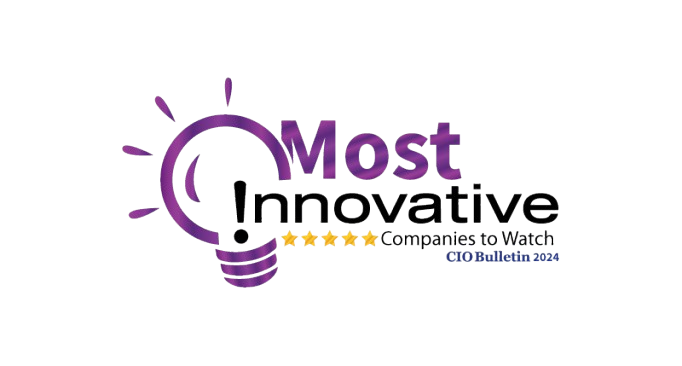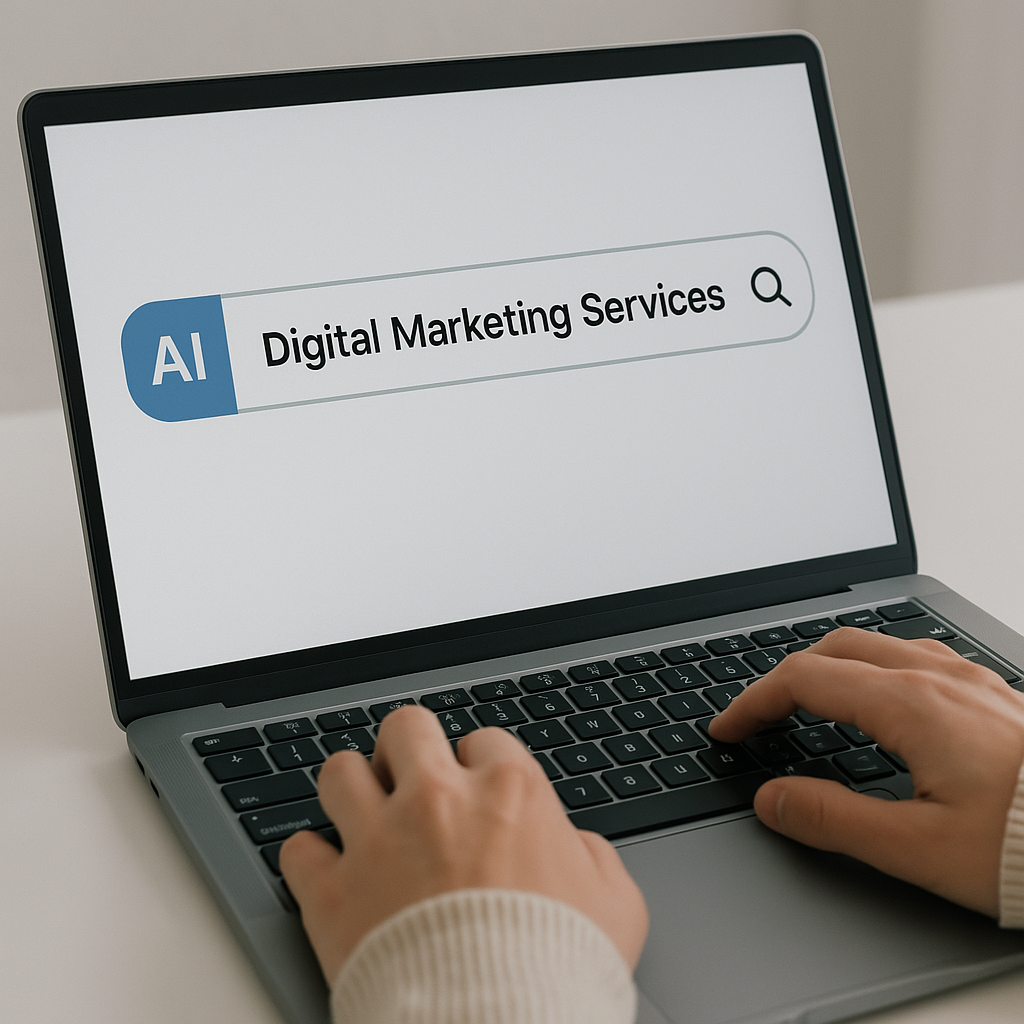How Do I Show ROI With Marketing Automation?
July 13, 2022
Process automation is one of the biggest features and benefits offered by digitization. As businesses around the world are embracing digitization, they are automating a number of their processes to increase accuracy and efficiency within their organization. Automation relieves your team members from carrying out repetitive processes and allows them to focus on the core business processes that matter the most.
Marketing automation is one such product of process automation that has been helping marketers around the world streamline their processes. The need for seamless marketing automation has given rise to a number of modern CRM platforms that use the latest technologies to automate marketing activities.
Incorporating marketing automation within your organization involves incurring expenses that need to be covered by the results obtained from your marketing campaigns. For this, you need marketing automation to generate enough ROI for your business. There are different ways in which you can show ROI with marketing automation and use it to quantify your results.
However, before getting to the measurement of ROI for marketing automation, let us briefly understand what marketing automation is and why it is useful in 2022.
What Is Marketing Automation?
In simple words, marketing automation refers to the process of using modern software and digital tools for automating marketing processes. It is the aspect of process automation associated with marketing, making the work of your marketing team easier.
Marketing automation involves the use of modern tools that automate processes such as market research, data analytics, management of marketing campaigns, creation of reports, and much more. From email and mobile to web and social media, marketing automation helps you optimize marketing channels that best suit your business needs.
Businesses seeking marketing automation often resort to implementing modern cloud-based CRM platforms such as HubSpot, Salesforce, etc. These platforms help you manage your customer records to provide personalized services to your customers and stay with your prospects at every stage of their buying journeys.
Choosing The Right Marketing Solution For Your Business
To generate maximum ROI, it is important to choose a marketing solution that is ideal for your business. The scope of marketing automation is huge with several different tools and software at your disposal. However, instead of spreading yourself thin and spending a fortune on multiple tools, it is important to choose the solution that is in sync with your organizational needs.
This decision depends a lot on the inputs driving your marketing efforts, such as time, money, ideas, and people. Each of these inputs allows you to enhance your marketing campaigns and provides you with a sense of direction for automating your marketing processes.
To choose the right marketing solution for your business, try finding answers to the following questions:
- What is the best way to automate your marketing inputs to achieve the best results?
- Which marketing processes within your organization need to be automated?
- How much is your company spending on marketing? Does it need to spend more?
- How can you use technology for streamlining ideation and conversion?
- Which users would benefit the most from the implementation of marketing automation tools?
- What is the cost of specific marketing automation tools, software, and services?
- What are the knowledge gaps in your marketing and sales processes?
- How do you plan on improving the experience of your customers with marketing automation?
- Which type/channel of marketing takes up the most time of your team’s time?
- Which marketing channel generates maximum ROI for your company?
Once you have answers to questions like these, it would become easier for the management to choose a marketing automation solution that best suits your organizational needs.
Calculating Your Marketing Automation ROI
Just like any other investment, marketing automation requires you to set aside a portion of your budget based on the tools you want to implement for automating your processes. It is important for every business to get decent returns on the investment made in implementing marketing automation, making it important to calculate ROI on a periodic basis.
Calculating marketing automation ROI helps you quantify the results obtained by driving automation with regard to your marketing processes. It helps you put the success of your marketing campaigns into perspective and make important decisions regarding the budget to be allocated for marketing automation in the future.
Before we discuss the different ways in which you can measure marketing automation ROI, it is important to understand that the ROI is not always measured in monetary terms. Considering sales revenue is only one of the many ways in which you can measure the ROI generated through marketing automation.
Here are a few of the most common ways in which you can show your ROI from marketing automation:
Considering Sales Growth
The most widely implemented method of measuring marketing automation ROI is by taking sales growth into consideration. This allows you to compare the costs you incur behind marketing automation with the sales growth resulting from the same.
Under this method, you can calculate your ROI by deducting your marketing cost from your sales growth figure, dividing the answer by your marketing cost, and multiplying the answer by 100 to obtain a percentage.
This is what the formula would look like:
Marketing Automation ROI = (Sales Growth – Marketing Cost)/Marketing Cost x 100
Considering New Leads
If your intention behind implementing marketing automation tools is to generate new leads and spread awareness about your business, you can measure ROI by taking into consideration the new leads generated since the implementation of automated tools/software.
This method involves measuring ROI without focusing on the monetary aspects of the traction received. If you have been successful in generating a good number of new leads and meeting your targets, you can say that you have generated a decent ROI via marketing automation.
Considering Time And Cost Savings
One of the key objectives of marketing automation is to help you save your time and cost while carrying out marketing processes. Automated platforms such as modern CRM software help you get the work done at a faster rate without the need for hiring more resources, thereby saving you a good amount of money.
Taking these factors into consideration, the ROI generated through marketing automation can also be measured by the amount of time and money saved since the implementation of marketing automation tools within your organization. This is another way of measuring ROI without taking the revenue aspect into consideration.
The scope of measuring marketing automation ROI is fairly wide and it should not be limited to the revenue you generate and the profits you earn. For example, if your primary purpose behind implementing marketing automation was to generate new leads and you have been successful in doing so without generating groundbreaking revenue, you can still say that you have managed to generate the desired ROI through marketing automation.
Tips To Increase ROI With Marketing Automation
Now that we have understood the different ways in which you can measure the ROI generated via marketing automation, let us have a look at a few important tips to keep in mind to increase your ROI by automating your marketing processes:
Prioritize Your Leads
Efficient lead management is one of the key pillars of marketing automation. Almost every tool and software helping you with marketing automation provides you with the feature of lead management.
While you manage your leads, make sure your team focuses on prioritizing the leads based on their behavior and likelihood of getting converted. Most modern CRM platforms allow users to nurture their leads by prioritizing and scoring them based on the responses they receive. This makes lead management more organized and prevents your sales reps from spending more time on leads that are not likely to convert.
Focus On Personalization
Marketing automation allows you to personalize the content created and displayed for every prospect and customer you target. Living in the age of digitization, customers in 2022 demand personalization while engaging with brands for making purchases.
Use marketing automation tools to keep track of the specific needs and preferences of your customers for personalizing your promotional messages on multiple platforms. This makes your customers feel special and allows you to build healthy relations with them.
Optimize Every Customer Touchpoint
As marketing automation allows you to perform tasks at a speed that is impossible to attain manually, make sure you use modern marketing tools to optimize every customer touchpoint throughout their buying journey.
Businesses often lose leads if they are not assisted the right way since their first interaction with the brands. To overcome this issue and generate more ROI from your marketing efforts, use marketing automation to be there for your prospects and customers at every touchpoint, even after purchases are made.
The Final Word
Generating good returns on marketing investments is important to sustain your business and keep reaching out to your customers for more traction. As your organization embraces marketing automation, always make sure that you measure the ROI generated over the course of your campaigns and use the same to fuel your marketing strategies in the future.
Featured Resources
Check Our Latest Resources

Proven ROI has been recognized as one of the Most Innovative Companies to Watch 2024 by CIO Bulletin—a testament to the company’s forward-thinking approach to CRM investments and strategic partnerships. By working closely with leading CRM platforms like HubSpot, Proven ROI is revolutionizing how businesses manage customer relationships, scale their operations, and drive growth.



